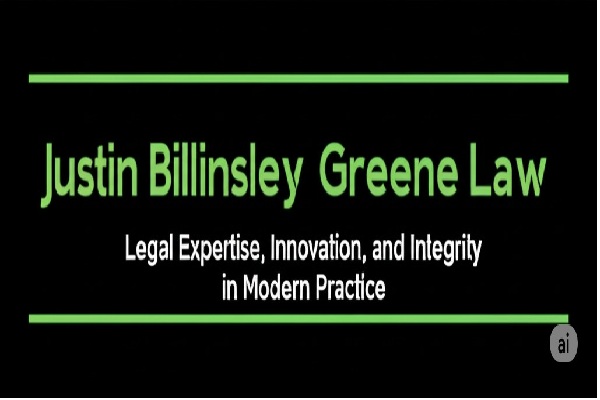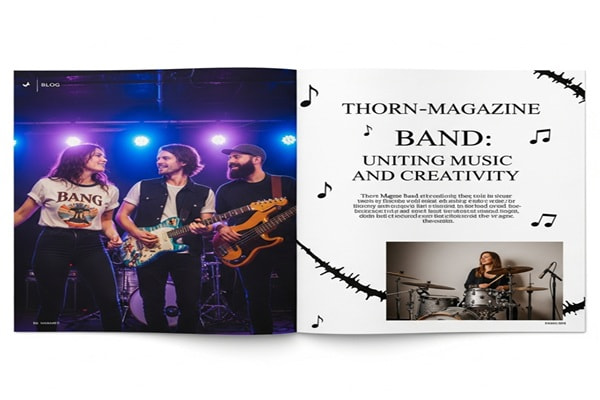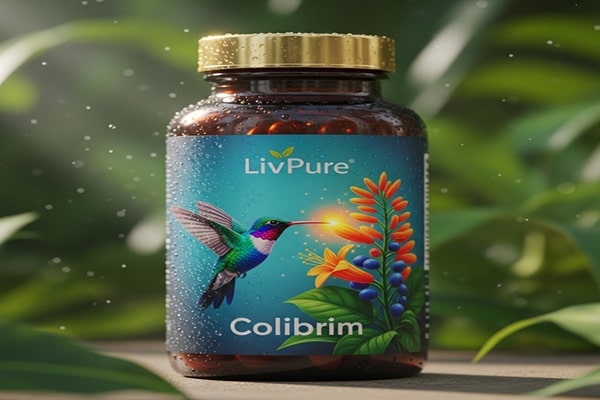Justin Timberlake DUI Toxicology Report – Facts, Rumors, and the Full Story
Share your love

What Really Happened the Night Justin Timberlake Got Arrested
On June 18, 2024, the world woke up to a surprising headline: Justin Timberlake—singer, actor, former NSYNC heartthrob—was arrested for DUI (driving under the influence) in Sag Harbor, New York. Expectations ran wild. But beyond the headlines claiming “DTox report” or “drug use,” the truth is far more straightforward—and far less sensational.
Let’s cut through the noise, look at what the police said, decode the toxicology hoax, and follow how Timberlake resolved it. By the end, you’ll see how fast false information can spread—and why you should always check the source.
How the Arrest Unfolded
Around midnight, police in Sag Harbor pulled Timberlake over. The reason? He didn’t stop properly at a sign and swerved slightly off his lane. The officer reported signs of impairment:
-
Bloodshot, glassy eyes
-
The smell of alcohol
-
Slurred speech
-
Difficulty balancing
-
Failing the field sobriety test
Timberlake allegedly said he’d only had one martini. He then refused a breathalyzer—a legal right in New York—though that carries automatic penalties, like license suspension.
Once that “refusal” hit the media, speculation exploded. Headlines weren’t just about alcohol—you even saw hints of a drug-laced toxicology report. Spoiler: that never happened.
The Toxicology Rumor: A Case of Satire Gone Viral
A fake tweet from a parody account claimed Timberlake’s toxicology test found cocaine, MDMA (molly), poppers, and even Truvada. Naturally, the internet went bonkers.
But this story was pure fiction. No reputable news outlet reported any of it. The tweet was satire—and sadly, many people treated it as fact.
Reuters Fact Check weighed in and confirmed: no legitimate reporting supported those claims. And yet, the rumor stuck—showing how fast misinformation spreads.
What the Official Records Actually Say
Here’s what we know for sure:
-
Timberlake refused the breathalyzer, so no BAC was recorded
-
Police and court filings mentioned only alcohol—not drugs
-
No toxicology report has been made public
-
No credible evidence suggests he was under the influence of anything but alcohol
All those headlines about drug toxicology? They’re completely unfounded.
How Social Media Amplified the Hoax
A single comedic tweet blew up and got mistaken for truth. It went through X (formerly Twitter), Reddit, and Facebook—so fast that even fans questioned what to believe.
That’s the problem: when scandal-driven content pushes facts to the side. People share it before they check. Timberlake’s case is a textbook example of how viral misinformation can hijack real news.
The Legal Outcome: DWAI Plea Instead of DWI
On September 13, 2024, Timberlake accepted a deal: he pleaded no-contest to a reduced charge—Driving While Ability Impaired (DWAI)—not DUI.
Here’s what he agreed to:
-
$500 fine + $260 surcharge
-
25 hours of community service
-
90-day license suspension
-
Participation in impaired-driving education
He later released a statement:
“I regret getting behind the wheel and not using better judgment. Please don’t drink and drive.”
His team emphasized he wasn’t legally intoxicated—but he accepted the plea to avoid a longer, more public legal battle.
How His Reputation Survived the Scandal
Surprisingly, this didn’t derail his career. Timberlake continued touring (“Forget Tomorrow”), performed at major events, and even gained public empathy. Many fans praised him for:
-
Staying quiet and letting facts speak
-
Owning up and taking responsibility
-
The swift collapse of the toxicology rumors
By handling it calmly and responsibly, he avoided the kind of fallout other celebrities face after similar incidents.
Also Read : How to Start Creating Your Free Printable Poster Templates Easily
Why This Toxicology Rumor Matters More Than You Think
This situation highlights three big issues:
-
Satire is misunderstood – One parody tweet misread as fact triggers chaos.
-
Scandal often beats truth – False claims spread faster than real stories.
-
Even fact-checks can’t reverse momentum – Once a rumor sticks, it’s hard to shake.
In an era filled with clickbait and “deepfake” narratives, Timberlake’s case shows how easy it is for a false storyline to become “real” in people’s minds—even without evidence.
Let’s Break It Down Clearly
What we know for sure:
-
Timberlake was arrested for impaired driving due to alcohol.
-
He refused a breathalyzer.
-
There’s no proof of drug involvement.
What remains pure rumor:
-
The phrase “Justin Timberlake Dui toxicology” was born of satire.
-
No official documents support claims of drug use.
Lessons We Can All Learn
-
Check your sources – Before sharing, ask: “Where did this come from?”
-
Don’t trust viral headlines – Especially if the source is unverified.
-
Public figures are vulnerable – Even when truth wins, rumors spread fast.
-
Transparency is powerful – Timberlake’s response could’ve backfired; instead, it built credibility.
FAQs (Quick & Clear)
Was Justin Timberlake on drugs?
No. There’s no official record or credible source showing drug use—only alcohol was involved.
What’s a breathalyzer refusal?
In New York, you can legally refuse, but it triggers automatic license suspension.
Why did he plead DWAI, not DUI?
A plea to DUI carries harsher penalties. He pleaded to a lesser charge, took responsibility, and avoided court.
Did this ruin his career?
Nope. He continued touring and performing, and most fans were understanding.
Why did that toxicology rumor spread?
It started as a joke on a parody social media account, then got reshared without fact-checking.
Final Takeaway: Stay Skeptical—but Informed
Justin Timberlake’s DWI became a case study in misinformation. A satirical tweet led people down a path of rumor and false scandal. But digging into the facts reveals a much simpler story—one of poor judgment, accountability, and a carefully handled resolution.
Next time you see a viral claim—even about someone famous—pause. Check the source. Ask if reputable outlets confirmed it. Because in today’s digital world, attention doesn’t always equal accuracy.
Stay curious, stay kind—and always, fact-check before you share.







